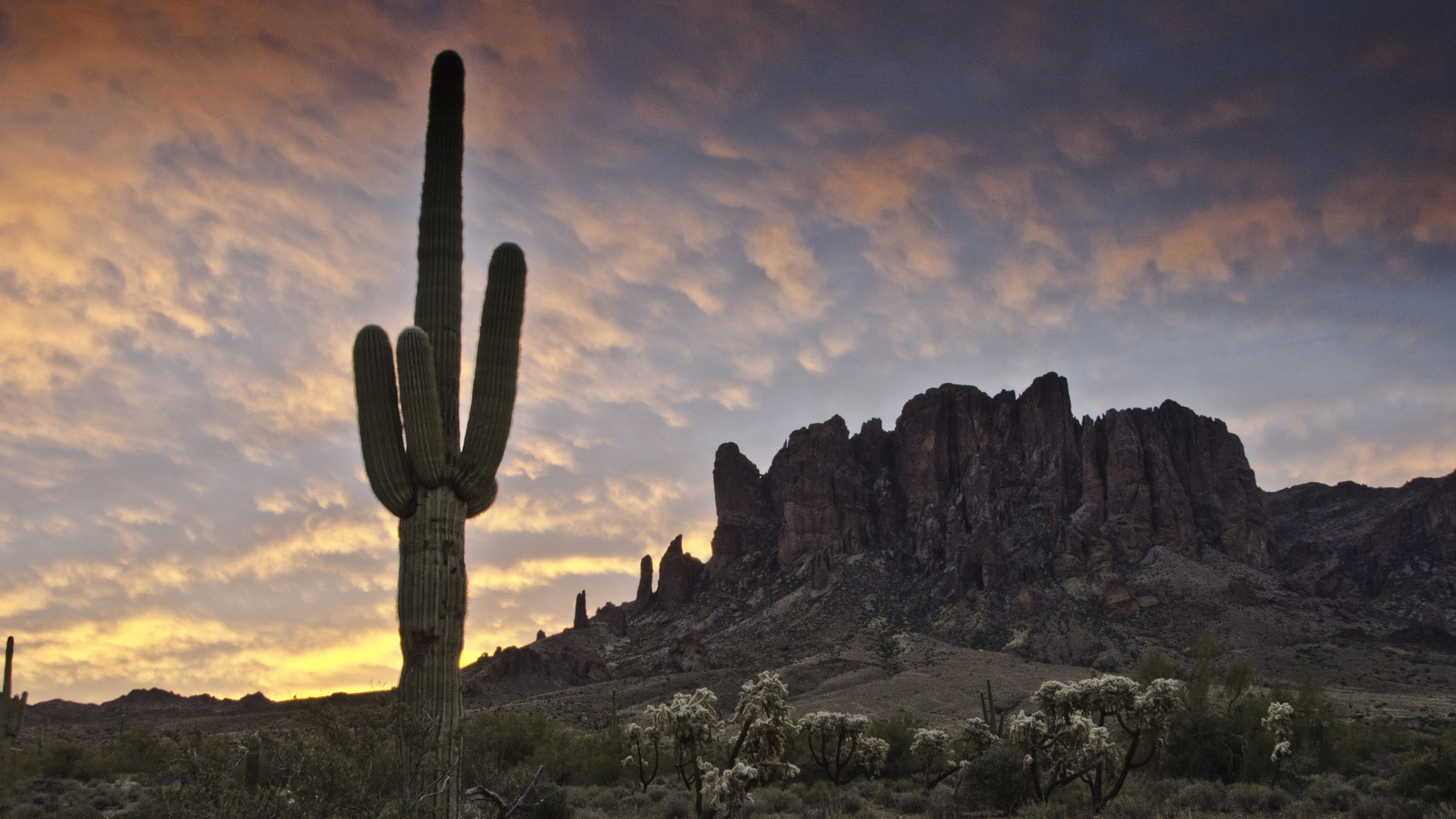What will the UK's new Labour government mean for the outdoors?
The pledges and actions of the new UK government on land access, nature and the environment

If you are an outdoors enthusiast, will the election of Labour to UK government make any difference to how you enjoy your favourite activities? We have been considering issues such as access rights for hikers and campers, as well as any impacts – positive or negative – of Labour policies on nature and the environment.
At the 2024 General Election earlier this month, the Labour Party won 411 seats giving prime minister Keir Starmer’s new government a majority of 172 seats. Time will tell as to what issues Labour will focus on first – and in the future – and what areas of the party’s manifesto the government will remain true to.
Since winning the election, the new Secretary of State for the Environment, Food and Rural Affairs, Steve Reed, and the new Secretary of State for Energy Security and Net Zero, Ed Miliband, have also been unveiling some of Labour's core priorities.

Labour government and land access rights
It’s worth noting that in Scotland the Land Reform Act (2003) established statutory public rights of access to land for recreational and other purposes. Guidelines of responsible behaviour are outlined in the Scottish Outdoor Access Code.
However, the same does not apply to the rest of the UK and many people, groups and organisations have long been campaigning for a similarly favourable right to roam. Indeed, data compiled by nature activist Guy Shrubsole and the Right to Roam campaign concluded that 92 constituencies in England allow no freedom to roam.
The good news is that Labour has historically had a strong record of improving the public’s access to nature. For example, the party was instrumental in creating the post-war National Parks and Access to the Countryside Act (1949), which ensures the UK’s protected landscapes, as well as National Trails and the requirement for local authorities to produce maps of paths.
Labour was in government when the Countryside and Rights of Way Act (2000) was ratified. This introduced a freedom to roam on certain upland and uncultivated areas of England and Wales. (Note, though, this is nowhere as wide sweeping as Scotland's Land Reform Act.)
Advnture Newsletter
All the latest inspiration, tips and guides to help you plan your next Advnture!
It was also Labour in government when the Marine and Coastal Access Act (2009), which created the England Coast Path, was passed.
But what of the current Labour government? The party’s manifesto – called “Change” – prior to election included a proposal to create nine new National River Walks and three new National Forests (outside of Scotland). Both of these plans, although not highly detailed, appear to show that Labour is keen to improve access to nature. But there is no information in the manifesto that specifies definitive plans to improve on current land access rights.
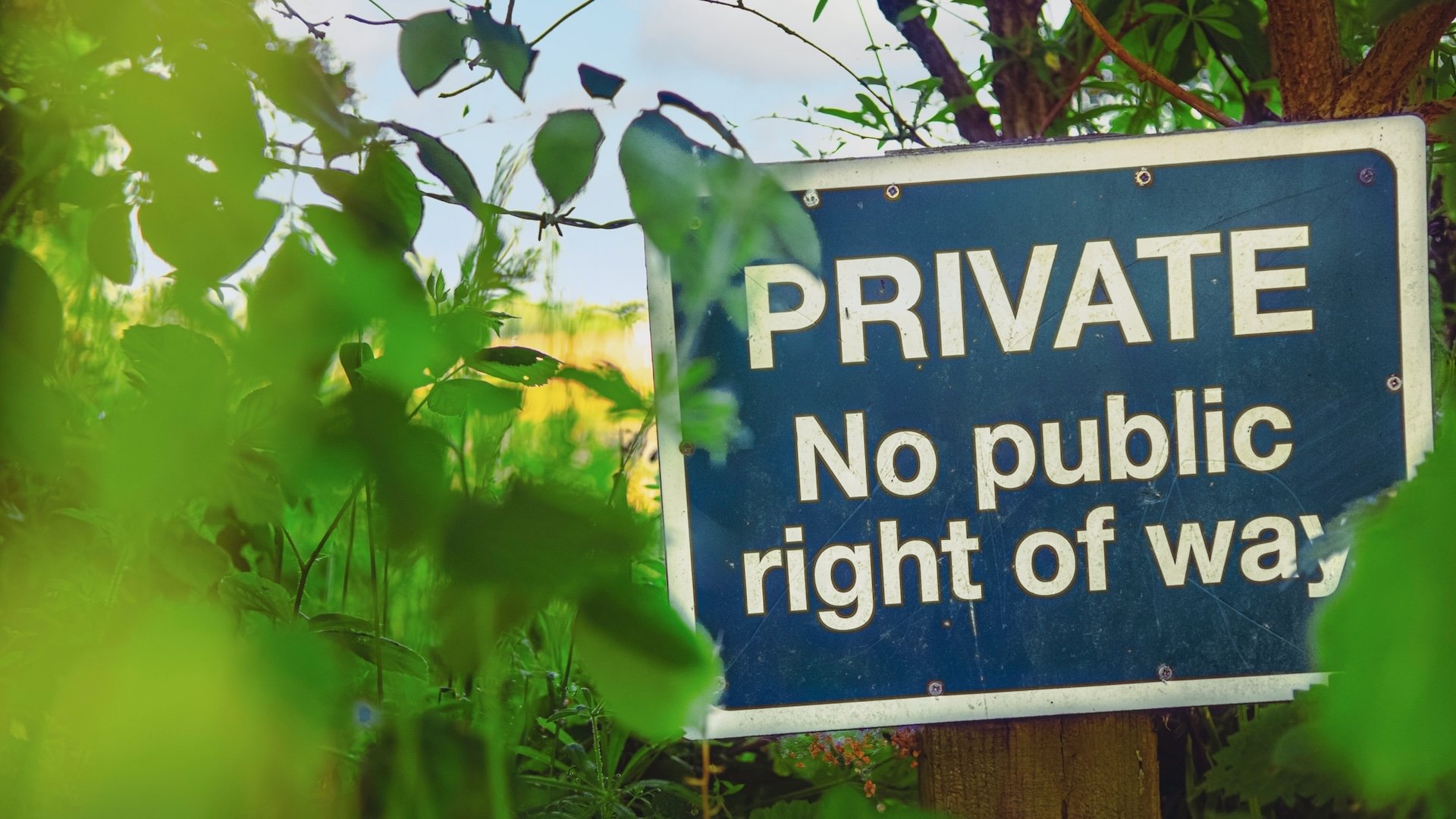
This is a point that the walking charity, The Ramblers, has highlighted as part of their campaign for a new Access to Nature Bill. Labour has previously said they would introduce an Access to Nature White Paper to consult on expanding access rights and opportunities and, in May 2023, Labour vowed to introduce Scottish-style right to roam law in England if they won the election.
However, the right to roam pledge was not included in Labour's manifesto and it is still too soon after the election to know whether the party will prioritise land access reform.
The aforementioned Guy Shrubsole has revealed that he has been both buoyed and deflated by Labour's manifesto. In an article for campaign organisation Wild Justice. he writes: “Labour’s policies [prior to election] on access are disappointingly weak. Having previously hinted last year that they might introduce a Scottish-style right of responsible access, the party has seemingly u-turned, and the policies that have made it into the manifesto are small and piecemeal.”
In addition, Shrubsole is disappointed that while Labour has pledged three new national forests, “this will do very little to address the fact that there’s no right to roam in 85% of England’s woods”.
And on the plan to create a series of national river walks, he says that this, “does nothing to address the fact that 97% of our rivers have no clear access rights for swimmers and paddlers”. (Again this is not the case in Scotland.)
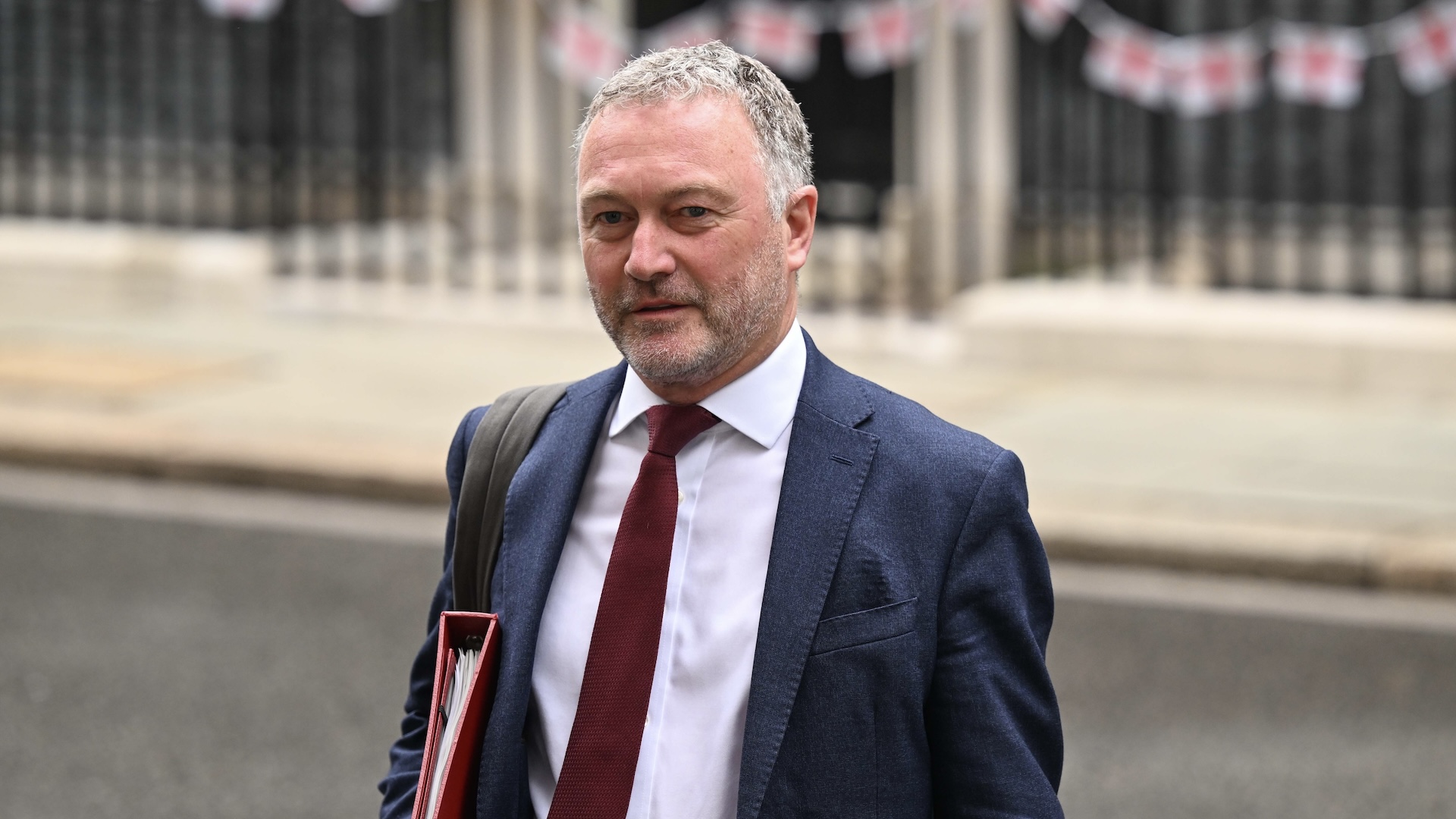
Environment, nature and conservation
The protection of nature is another important focus of outdoors fans. Issues include polluted rivers, lakes and oceans; a poor record of biodiversity; widely damaged peatlands (which could act as a huge carbon store in our fight against climate change); moorland burning; and the need for rewilding in many hill and mountain areas.
The good news is that Labour did include nature and environmental pledges in its manifesto, such as expanding nature-rich habitats and introducing a land-use framework.
Shrubsole also sees some of Labour's further pledges as positive, too, such as:
- Meeting the 30×30 initiative – to protect 30% of England (and the UK) for nature by 2030.
- Expanding nature-rich habitats… including on public land.
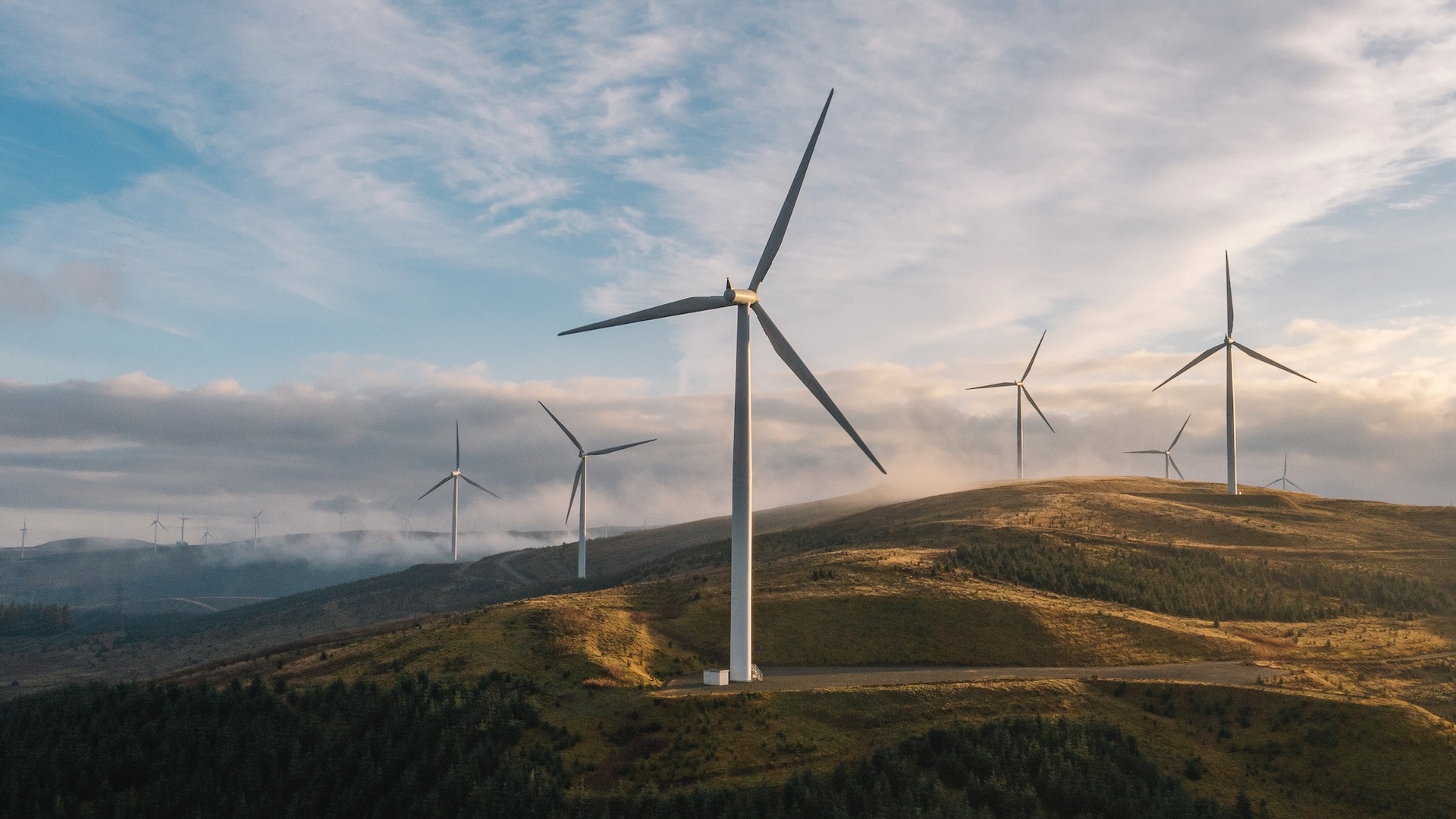
Yet Shrubsole has said: “Despite some encouraging [pre-election] policies, I’d have liked a lot more of them – and more detail. "
The RSPB has also voiced concern about Labour’s commitment to The Environment Act, which became law in 2021. The Act guides the UK's framework of environmental protection after the UK left the EU and includes rules on nature protection, water quality, clean air and other environmental protections that originally came from Brussels.
In a report by the RSPB prior to the election, the charity stated: "While it’s very positive to see Labour’s commitment to meeting the targets in the 2021 Environment Act... there are also some key omissions, and in general, much more detail is needed.”
The report continued: “There isn’t sufficient detail around commitments towards nature-friendly farming, protecting the marine environment, nature-based solutions to mitigate the effects of climate change, or the transition to a nature-based economy.”
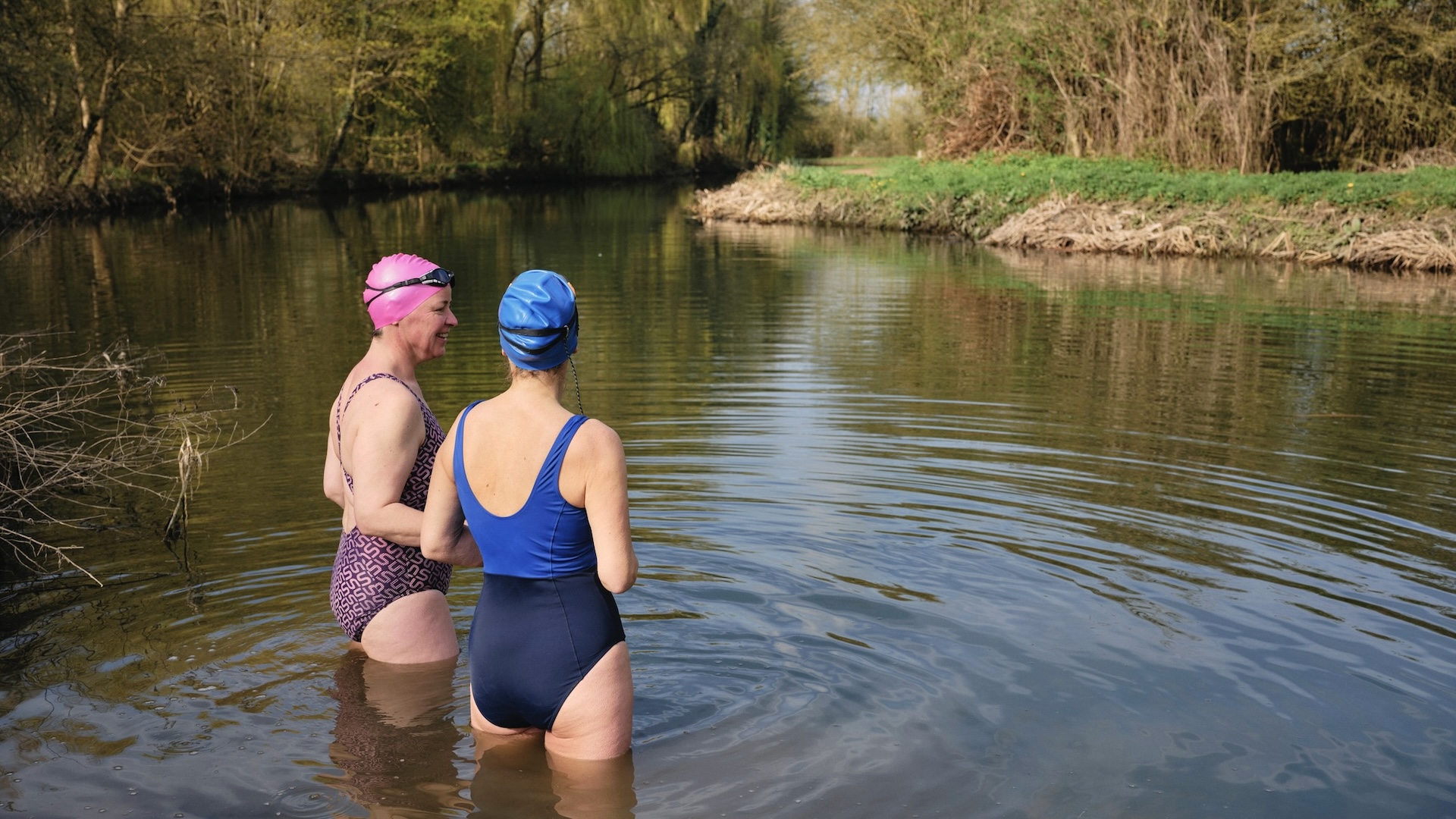
Many pro-nature campaigners would also like to see the protection of green space in the spotlight. There are numerous studies that show the importance of green space for public use and the benefits of mental health.
Prior to election, as reported by The Guardian, Labour indicated it wanted to improve pubic access to nature and green spaces by giving communities the right to buy up derelict eyesores and turn them into parks.
Another article in The Guardian newspaper has made the point that Labour will also need to hold strong to resist housebuilders’ pleas to weaken green standards if they are keen to protect the public access to green spaces.
In recent days, Reed has further underlined Labour's core policy focus for his department, including:
- Clean up rivers, lakes and seas
- Ensure nature’s recovery
- Protect communities from the dangers of flooding.
Whether any of the pledges and policies come to fruition under the new Labour government remains to be seen.
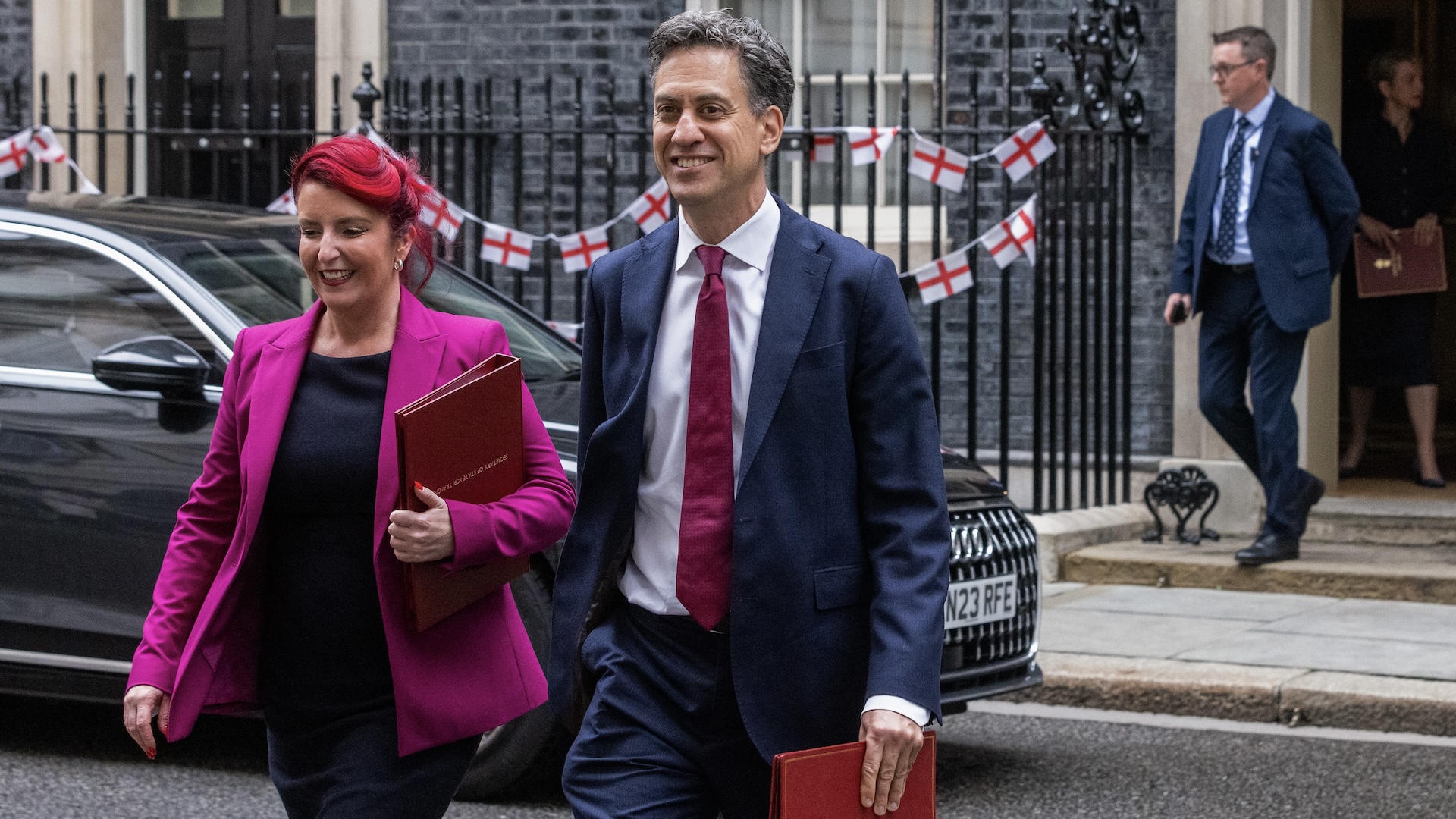
Labour on climate change
The climate – and climate change – is often a point of discussion for people who spend time outdoors. Many hikers, climbers, kayakers, swimmers etc would like to see climate change issues being tackled more stringently by the government.
There are many negative impacts of climate change on the physical environment and for hikers this includes concern about increased drought and temperatures, wild-fires, unpredictable winters and winter mountain conditions, plus rising water levels.
Looking back to 2008, Labour – under then-prime minister Gordon Brown – created the world's first Climate Change Act.
Prior to the election of the current Labour government, the party pledged a so-called Local Power Plan as it outlined how to make Britain a clean energy superpower . It stated that: "Great British Energy will partner with energy companies, local authorities and co-operatives to install thousands of clean power projects, through a combination of onshore wind, solar and hydropower projects."
Post-election this week Miliband delivered his message to civil servants about the party’s key pledges, including reaching zero-carbon power by 2030. This is seen by some commentators as Labour’s relaunch of the UK’s ambition to be a climate leader on the global stage and to rewrite the nation’s net-zero strategy.
But many people are concerned that the targets will not be met without major new polices and big changes to the actions of the last government. The Carbon Brief went so far as to create a to-do list for Labour on climate change.
In other news recently, the new Labour government also acted on another manifesto pledge and announced the lifting of the "de facto ban" on building new onshore wind turbines in England. Rules brought in by the Conservatives in 2015 meant that a single planning objection would be enough to block onshore wind construction.
The change comes into effect immediately and is seen as part of Labour’s ambition to make the UK a “clean-energy superpower”.
The problem is, however, that in aiming to reduce the impact of carbon, there are some measures that do not sit well with all outdoors enthusiasts.
For example, while wind construction is welcomed on the one hand people as a way to increase the country's creation of "cleaner" energy, there are many people who spend time outdoors who are against wind farms because they are claimed to be an eyesore.
Mountaineering Scotland, the organisation that represents hill walkers, climbers, mountaineering and snowsports tourers in Scotland, reported in 2016 that more than 67% of its members said they would prefer not to see wind turbines.
Meanwhile, Scotland’s countryside charity, Action to Protect Rural Scotland, points out that while we need to generate more renewable electricity, it needs to be done in a carefully planned way, “so we do not unnecessarily sacrifice beautiful scenery or valuable habitats for the sake of more and more generating capacity”.
Again, it remains to be seen how the new Labour party will tackle climate and environmental targets and what effects this may have on the landscape and people's sensibilities.
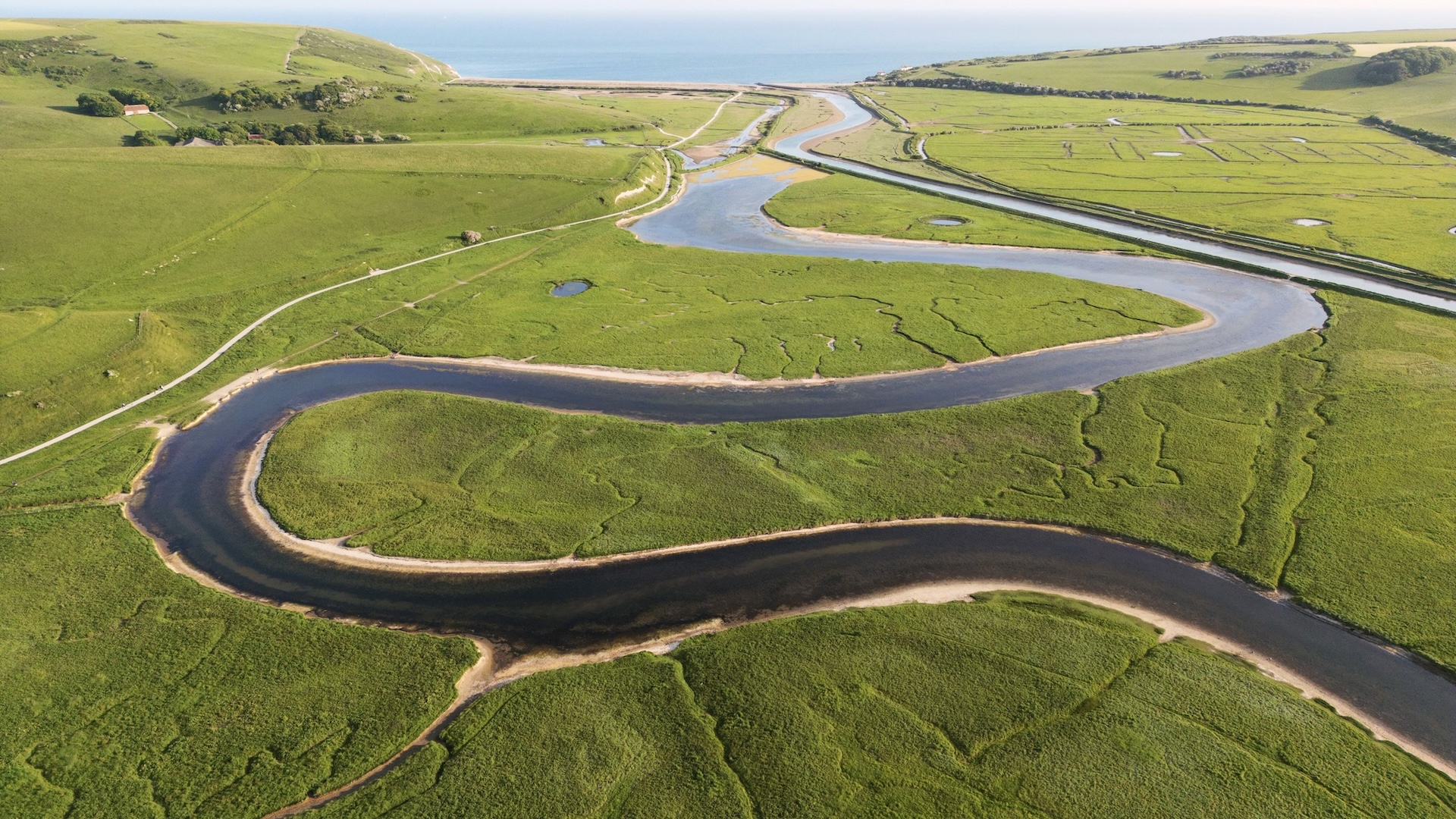
Labour on new national parks
National Parks are seen as a positive to the UK in a variety of ways. Scotland's longest established environmental charity Action to Protect Rural Scotland believes our parks "lead the way in promoting an integrated approach to tackling the climate emergency and the nature crisis, supporting mental and physical health and well-being, boosting employment in rural communities and celebrating our world-class landscapes".
In the past, Labour showed its commitment to these rural areas with a Landmark Act of Parliament establishing a National Parks principle. This pressure culminated in the 1945 White Paper on National Parks, produced as part of the Labour Party's planned post-war reconstruction.
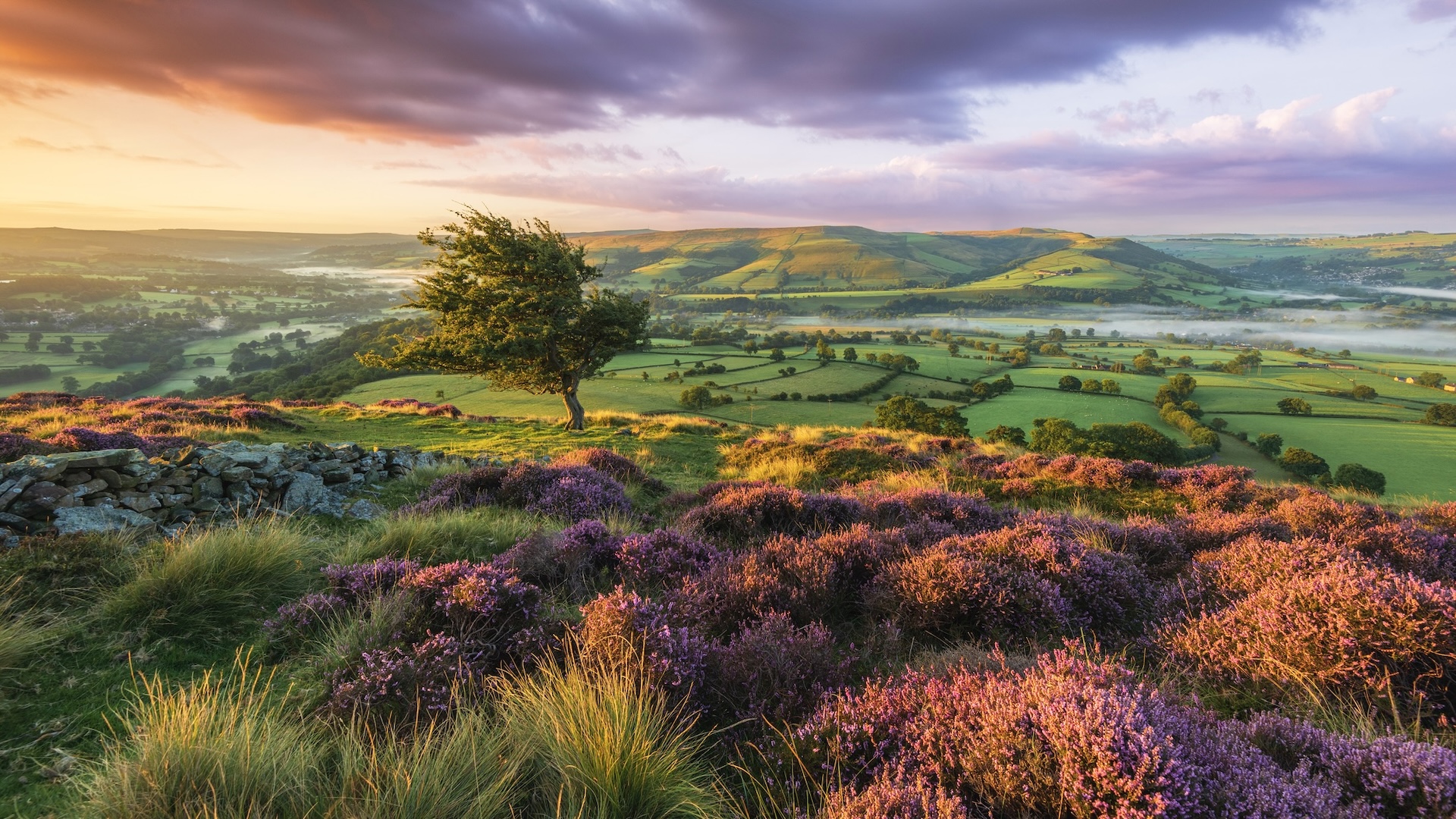
Yet, this General Election saw the Labour party strangely quiet on the national park debate. While the Conservatives had pledged to designate an 11th national park in England if elected and the Lib Dems had promised three new parks, there was nothing on this note in Labour's manifesto.
Last year, an article in the Guardian in 2023 raised the pertinent question: Labour gave us national parks – how can Keir Starmer be so silent on nature’s survival now? Reporter Craig Bennett added: "The party talks of a green and fair future, but that will be impossible without protecting Britain’s natural habitats."
Perhaps Labour will listen to campaigning pressure in due course and re-address the national parks issue. The party might even take heed of the Scottish government’s apparent recent commitment to designate at least one new National Park.
Again, like many other outdoors issues in the UK, the public will need to wait and remain hopeful of Labour's good intentions on the parks issues.
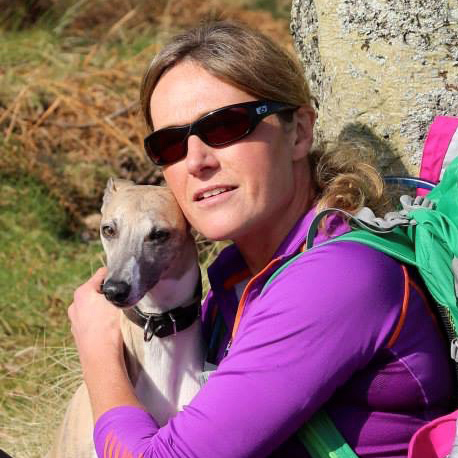
Fiona Russell is a widely published adventure journalist and blogger, better known as Fiona Outdoors. She is based in Scotland and is an all-round outdoors enthusiast with favorite activities including trail running, mountain walking, mountain biking, road cycling, triathlon and skiing (both downhill and backcountry). Aside from her own adventures, Fiona's biggest aim is to inspire others to enjoy getting outside and exploring, especially through her writing. She is also rarely seen without a running skort! Find out more at Fiona Outdoors.
